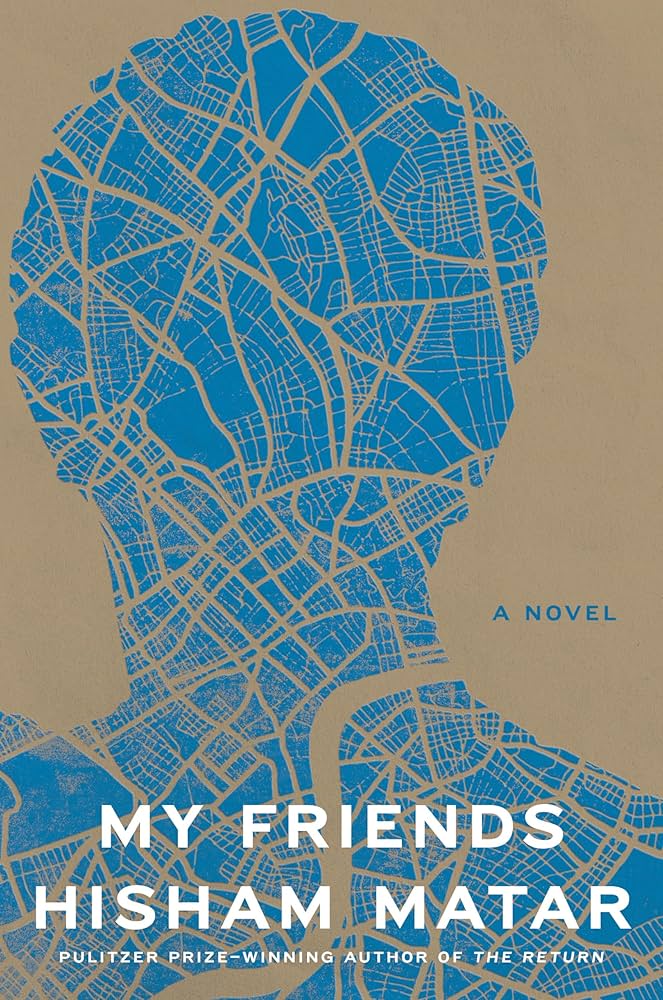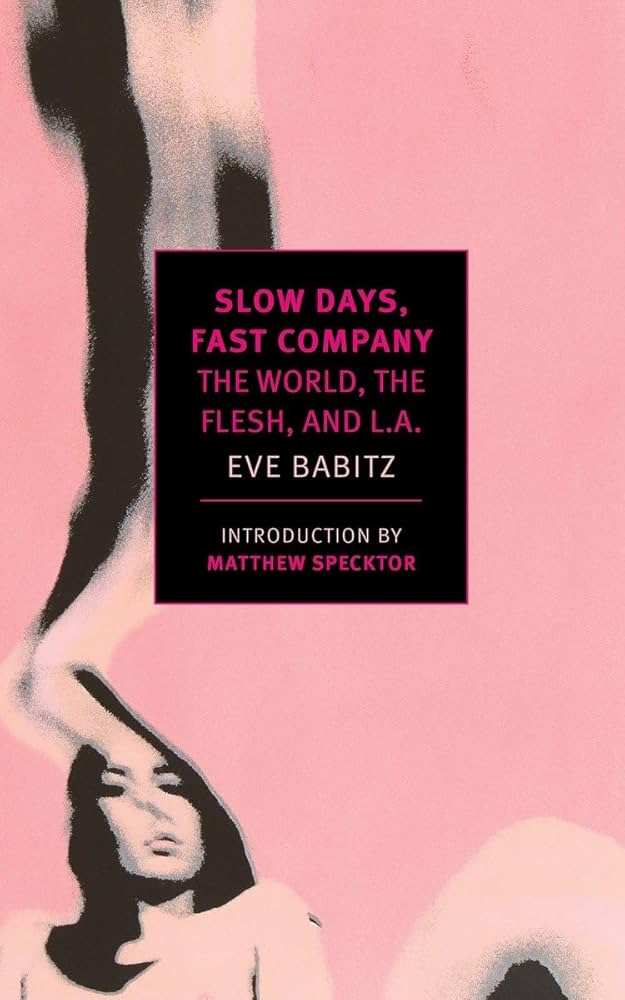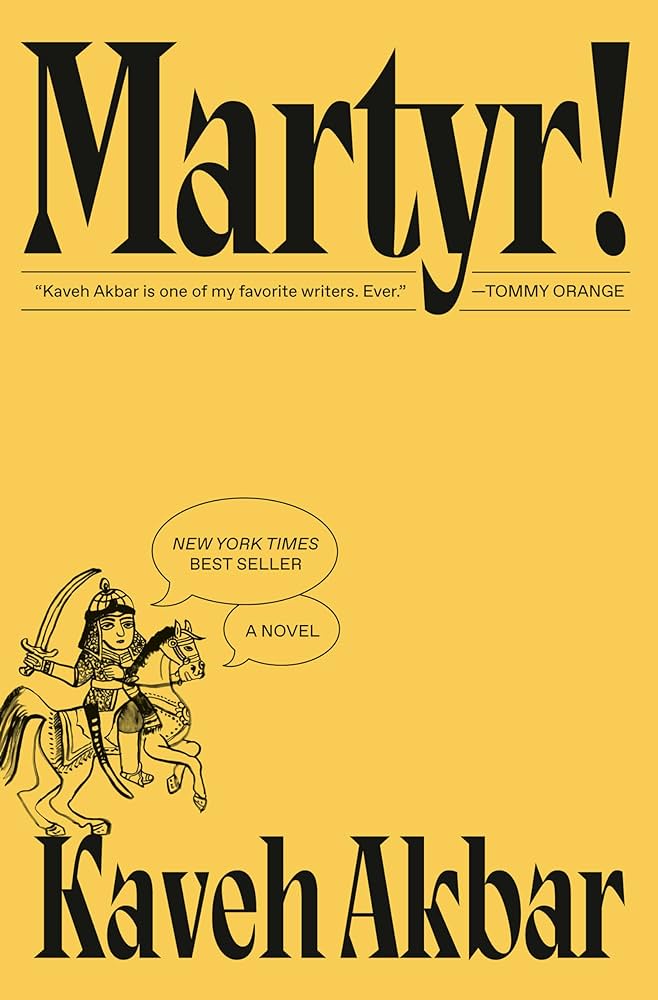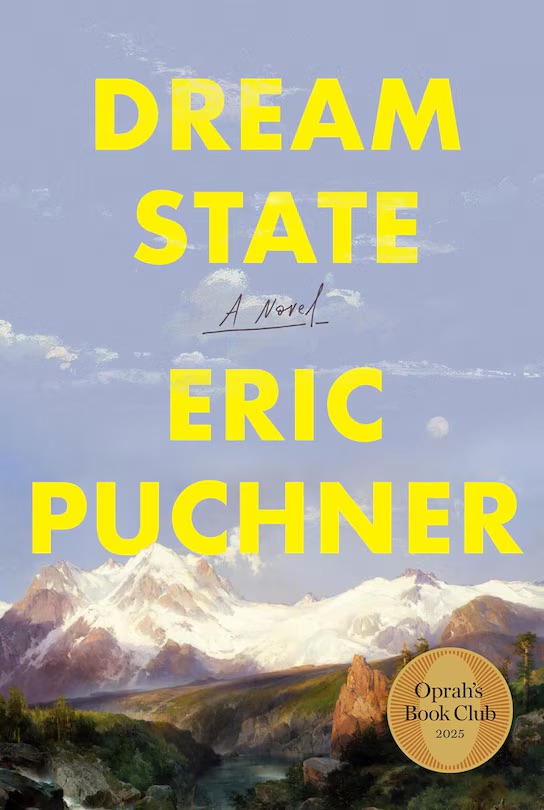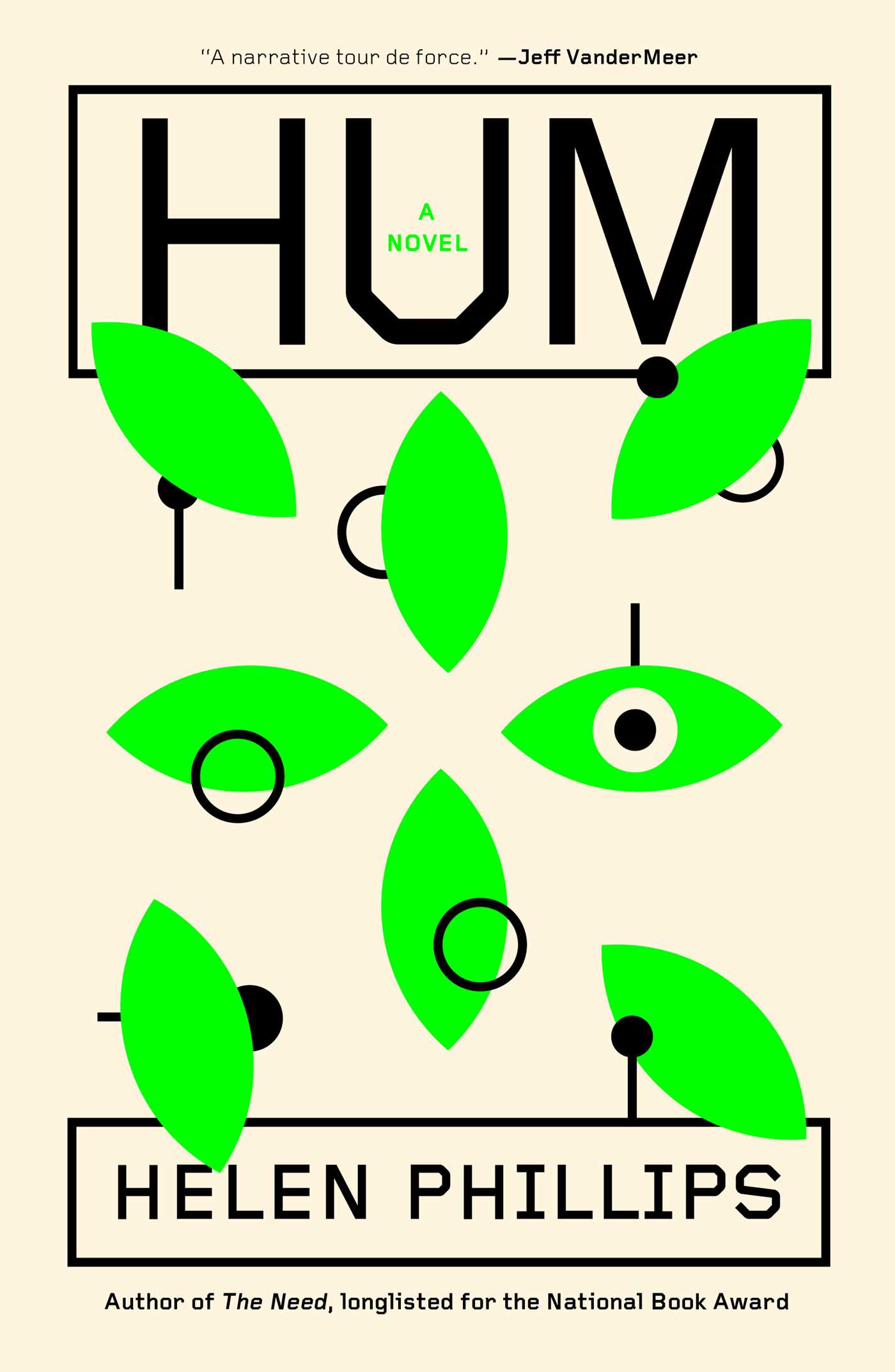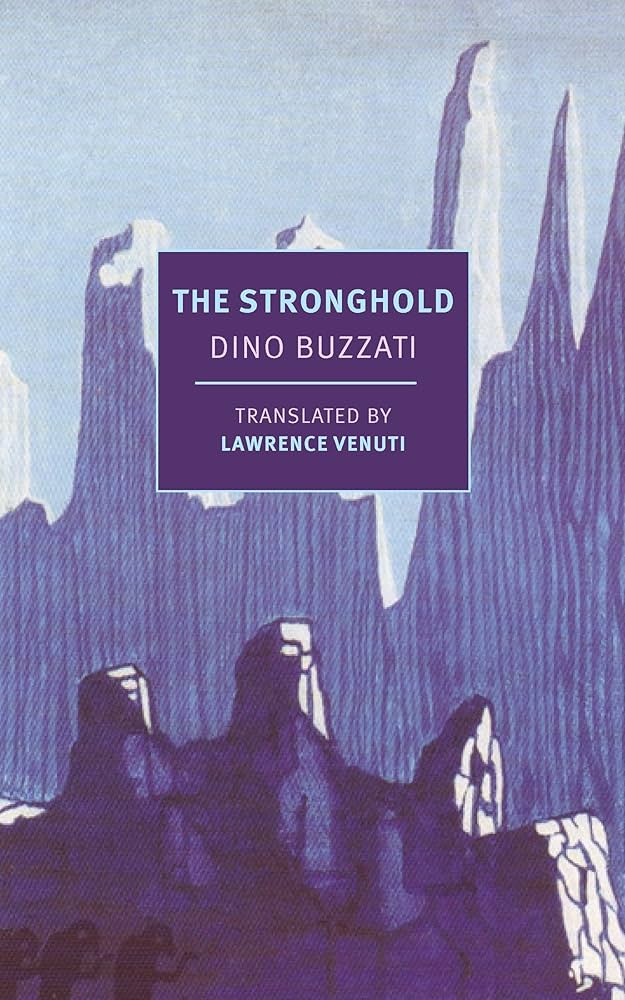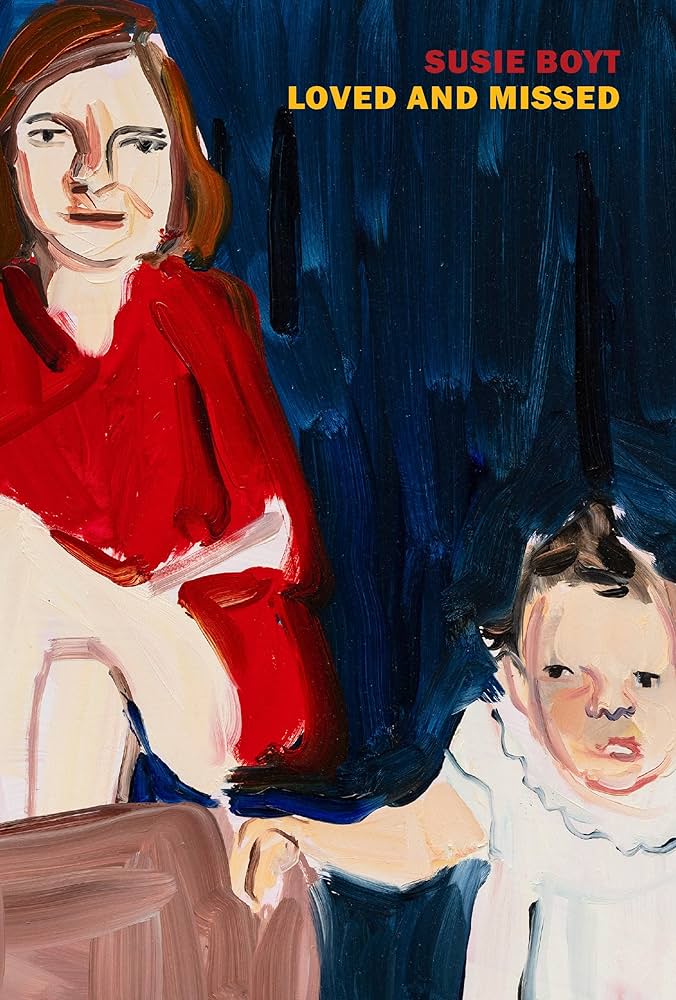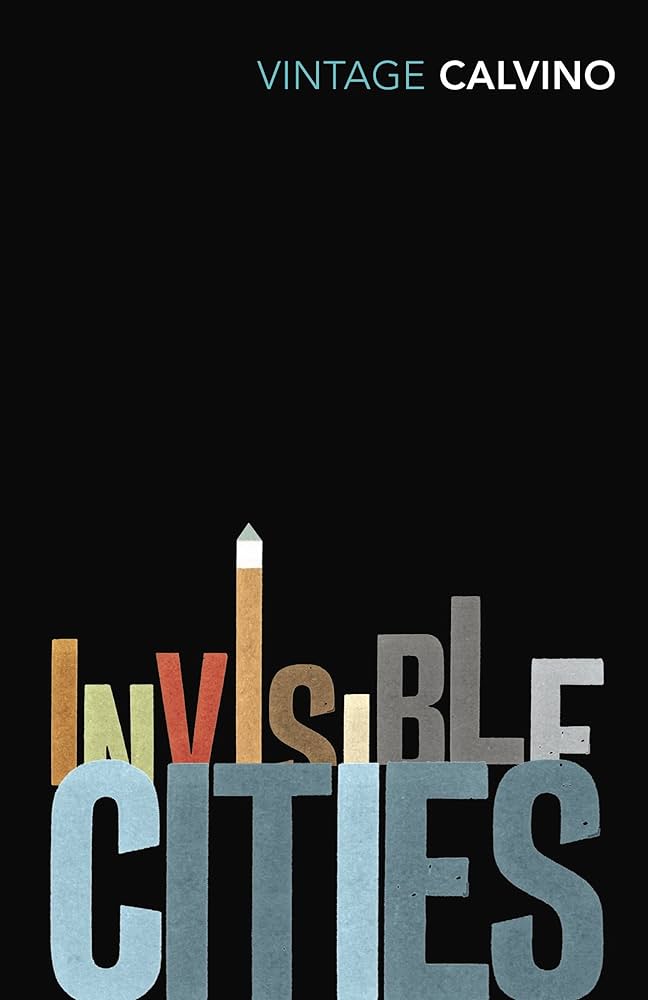I’m sure Hisham Matar’s grocery list is more interesting than anything I’ve ever put on paper. There are dozens of pieces of text from this book saved in my phone. Here’s one:
Some books, like some people, are shy.
This describes this book well. It’s like the person in the room who rarely speaks, but when they do, you better listen because it’ll be worth hearing. The book is delicate and fragile, not driven by plot or character, but by thoughts and emotions.
It doesn’t even have to be full sentences, sometimes the end of a gorgeous paragraph would end like this:
…we ask of writers what we ask of our closest friends: to help us mediate and interpret the world.
That’s what this book was for me – a lesson in interpreting the world, from someone whose experience is vastly different than mine. It’s about living in exile, and the difficulty of being away from home, being unable to connect to those you love. That sounds kind of dull, but:
Later that night, we sat by the edge of the black water, listening to the timid waves. She and I were alone, entirely alone. She asked what place I loved most. It surprised me what came to mind: Derna, my mother’s hometown, and I thought of telling her about it, the smell of herbs as we would drive into the hills, the waterfall that comes out of nowhere, the sea always behind you. Instead, I said, “I don’t know,” and asked her the same question. She said it was this place where we were sitting. “This exact spot.” I kissed her and she kissed me back.
We kissed long and I felt everything that I was fall and return, fall and return. I did not know that joy could be so painful. That night I could hardly sleep from it. You can have any life you want, I told myself. Any place could be your favorite place too.
During Qaddafi’s time as leader of Libya, his opposers were subject to state violence, surveillance and exile. The narrator of this book, a Syrian named Khaled, tells the story of his adult life. As a student he moves from Libya to the UK, and in 1984 he participates in an anti-Qaddafi protest in London and is shot. This action makes his return to Libya almost certain doom – so he details his life in exile. He can’t talk to his family about what happened to him. It’s unclear if they know. He’s suspicious of almost everyone who might be an agent of the Syrian government – other students, random strangers, hotel workers.
He nurtures friendships with two other men – his friend from school who also attended the protest, and an author who made a lifelong impression over a radio broadcast when Khaled was very young. The book covers more than 30 years, to the time after the Arab Spring in 2011.
It takes a while for the book to find momentum. It was probably 75 pages in before I had a sense of where it was going. But it didn’t matter, because the writing is like this:
When I was growing up, [my father] had to me the reliable air of one who believes in time, in the human initiative to measure it, but also in its supremacy over human affairs; that everyone, their deeds and character, will not only yield to time but be revealed by it, that the true nature of things is concealed and the function of the days is to strip away the layers.
and:
“It’s not true what some say, that dying, when it comes, brings with it its own acceptance. The opposite, if you ask me. It brings rebellion. Because you realize then that you’ve spent every day of your life learning how to live. That you don’t know how to do anything else. Certainly not death. And I could see it, the blackness. And could see also how endless it was. But even that wasn’t the worst of it.
What horrified me was I knew then that part of me, a spot of consciousness, would survive and continue even after death, trapped within nothing and silence for eternity.”
This is a book I can imagine reading again. Though the plot and characters of the book don’t stand out in my memory, the writing and fragility of the sentences do.

